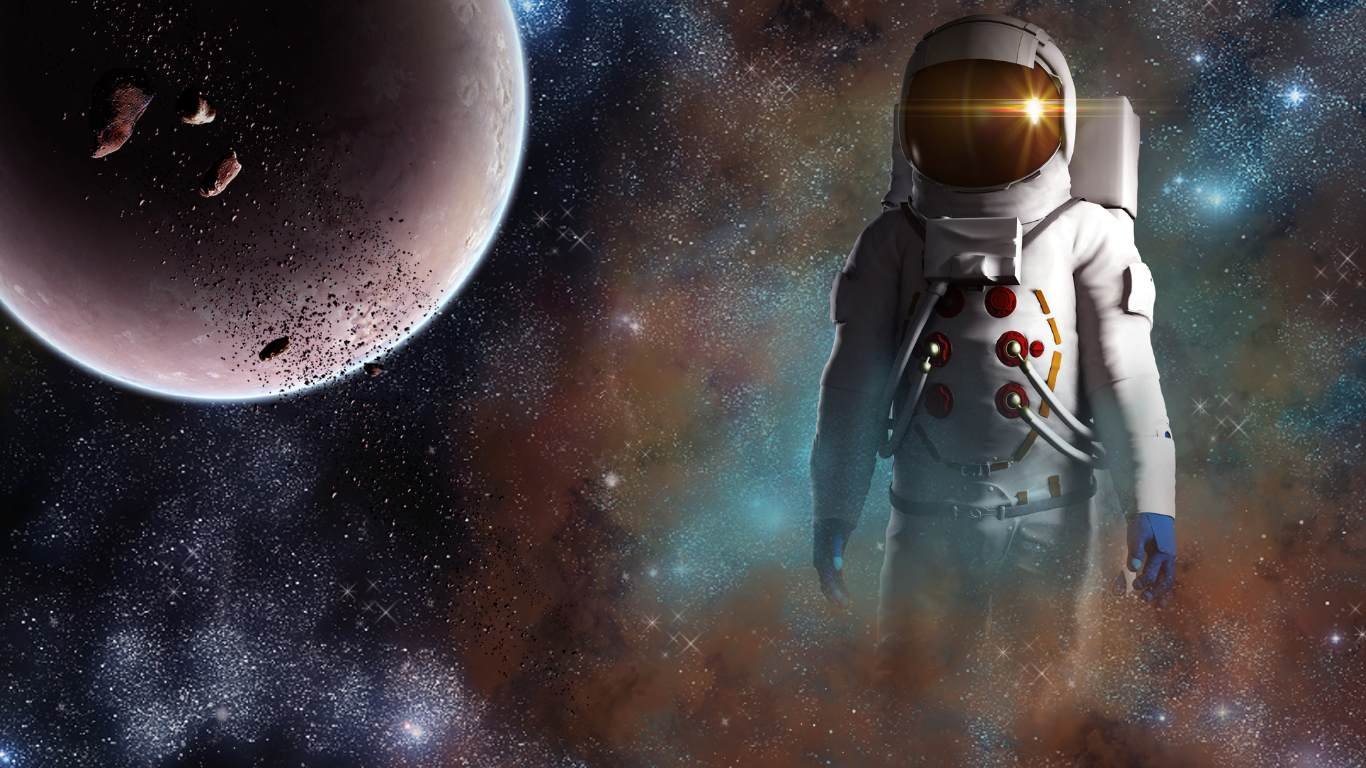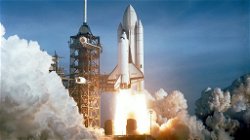Connected Cosmos: Embracing the Future of Space Exploration with Video Chat
Steffan Addison
. 2 min read
Space exploration has been one of the most awe-inspiring endeavors in human history, captivating the imaginations of people worldwide. Over the years, remarkable advancements in technology have facilitated groundbreaking missions and discoveries, expanding our understanding of the universe. As we venture further into the cosmos, the future of space exploration holds even more promise, with exciting possibilities on the horizon. Additionally, with the integration of cutting-edge technologies like video chat, scientists, engineers, and space enthusiasts from around the globe can now collaborate seamlessly, fostering a new era of interconnectivity and knowledge sharing in our quest to explore the cosmos.

The Uncharted Horizons of Space Exploration
Interplanetary Travel and Colonization
The vision of human settlement on other planets has become more realistic than ever before. Robotic missions have provided valuable data on Mars, highlighting the potential for human exploration and even colonization. Advanced spacecraft and life-support systems are being developed to sustain long-duration missions to destinations like Mars, where astronauts could live and work for extended periods. Establishing a self-sustaining colony on another planet remains a challenging but achievable goal for the future of space exploration.
Space Tourism and Commercialization
Space tourism is on the verge of becoming a reality. Private companies are actively working to develop commercial spacecraft capable of carrying paying customers to the edge of space and beyond. Suborbital flights and orbital trips may soon be accessible to those seeking an unforgettable experience beyond Earth's atmosphere. The commercialization of space is expected to drive down costs and foster new industries, opening up space to more participants than ever before.
Asteroid Mining and Resource Utilization
With Earth's resources facing increasing demand, asteroid mining has emerged as a viable solution. These celestial bodies are rich in valuable minerals, metals, and water, making them potential sources for future space missions and even for supporting human settlements in space. The development of technology to extract and utilize resources from asteroids holds the promise of revolutionizing space exploration and aiding in the sustainability of future space missions.
Advancements in Space Propulsion
Traditional chemical propulsion has served us well for space missions, but advancements in propulsion technology are essential for more ambitious endeavors. Concepts like ion propulsion, nuclear propulsion, and solar sails show great promise for faster, more efficient travel within our solar system and beyond. As these propulsion methods mature, they will significantly reduce travel times and enable missions to distant celestial bodies previously considered impractical.
Deep Space Exploration and Exoplanet Studies
As our understanding of the universe grows, so does our curiosity to explore deeper into space. With the advancement of telescope technology, we are better equipped to study exoplanets (planets orbiting stars beyond our solar system) and investigate their potential for harboring life. Future missions may include sending space probes to study exoplanetary atmospheres and even searching for signs of life, expanding our knowledge of the cosmos and our place within it.
Space-Based Astronomy and Astrophysics
The future of space exploration will also see an expansion of space-based observatories, allowing astronomers and astrophysicists to study the universe in unprecedented detail. These observatories will be equipped with advanced instruments to explore cosmic phenomena, such as black holes, gravitational waves, and dark matter, providing invaluable insights into fundamental aspects of the universe's composition and evolution.
Conclusion
The future of space exploration promises to be a period of unprecedented advancements and possibilities. Humanity is on the brink of realizing dreams that were once confined to science fiction. As technology continues to advance, we will push the boundaries of our understanding of the cosmos, leading to groundbreaking discoveries and inspiring the next generation of scientists, engineers, and explorers. Space exploration will continue to capture the human spirit of curiosity and adventure, propelling us into a future where the stars are no longer beyond our reach.
More Stories from
The Benefits and Drawbacks of having a Space Station
Space station is a pressurized structure in orbit for human habitation. Salyut 1 was the first space station built by the Soviet Union in 1971.
Exploring the Final Frontier: A Glimpse into the World of Space Research
From probing distant galaxies with space telescopes to charting the potential for human life on other planets, this article provides a glimpse into the evolving field of space research.
Chandrayaan-3: India's Ambitious Lunar Mission for Scientific Exploration
Chandrayaan-3, India's third lunar mission led by ISRO, aims to overcome past challenges and demonstrate soft landing capabilities on the Moon.
The Remarkable Lives of Katherine Johnson: From Child Prodigy to NASA Trailblazer
This article highlights the life and achievements of Katherine Johnson, a trailblazing mathematician







.png?width=40&aspect_ratio=1:1)


